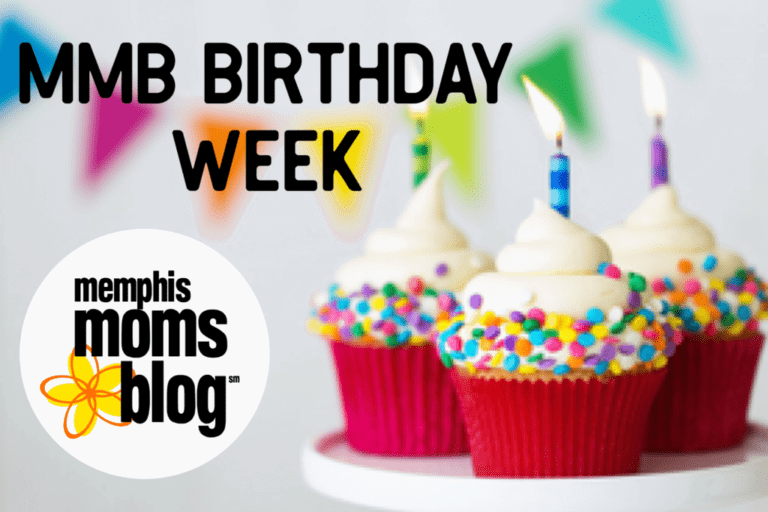Curse Words and Kids
We’ve all been there (or, moms of babies, you will be soon): the moment our sweet, innocent, precious angel drops an f-bomb. Or uses another curse word, correctly of course.
At the end of the day, curse words are just words; they aren’t “good” or “bad.” But when you hear one come out of your toddler’s mouth, it can be a jarring experience. (Fun fact #1: as far as your brain is concerned, swear words aren’t even words; they are concentrated lumps of emotion. They are even stored in a completely different part of the brain from every other word. Formal language is stored in the Broca and Wernicke areas in the brain. Curse words, on the other hand, are stored in the limbic system, a complex system of neural networks that controls emotions. Cool huh?)

When my youngest child said a curse word for the first time, she genuinely had no idea why that was a problem or why her dad and I had such strong reactions. I admit that I am a curser. I even have a shirt that says, “Good moms say bad words.” And I come by it honestly: my mom is a sweet, Southern woman that calls everyone “Dah-ling”… and curses like a sailor.

BUT, my 3 year old can’t be running around cursing. Because CONTEXT. A word has a much different meaning when you’re hanging out with your friends vs. on a job interview… or in circle time in a Pre-K class.
Context wasn’t the only problem I had with my daughter’s newly expanded vocabulary. It’s one thing for me, a mother of three with a job, marriage, and friends to pepper my descriptions and conversations with appropriately placed curse words. I mean, it’s kind of a family tradition. An adult making the informed choice to swear and a young child mimicking language she may have heard while strapped safely in her car seat in bumper-to-bumper traffic are two very different things. How people who I know and trust enough to share my genuine self with treat me is not the same as how strangers will treat my cursing three-year-old. On principle, I don’t really mind if she swears. I can’t tolerate her being judged or treated differently, however, due to her vocabulary.
I needed to figure out how to explain why she couldn’t use curse words, and I wanted to do it in such a way that didn’t shame or embarrass her.
Then it dawned on me. We drink wine, beer, cocktails, coffee, etc. and refer to them as “adult drinks”. It’s a similar principle, in that those drinks are not inherently “bad” or “good”, but are meant only for adults. So I explained that, in the same way her father and I enjoy adult drinks that she couldn’t have, there were also “adult words”, words that adults use but aren’t appropriate for kids to use. And curse words are adult words. (Fun fact #2: Cursing is often seen as a sign that the speaker lacks intelligence. Studies have shown, however, that swearing may in fact display a MORE, rather than less, intelligent use of language.)

One day, my kids won’t be kids anymore. And it will be socially acceptable for them to curse. When that happens, I say go for it, in the correct context. Cursing has been shown to have 5 measurable benefits and advantages:
- It is a sign of intelligence, as I mentioned above.
- It may be a sign of honesty.
- Cursing can improve pain tolerance.
- Using curse words can be a sign of creativity.
- The use of colorful language is associated with fewer physical blows.










Sorry can’t agree with curse words because the Bible says, “Let no filthy communication proceed out of your mouth…” Taught my kids that curse words were filthy and if we desired to please God, not for us to use. We taught them that there are better ways, God-honoring ways, to solve their problems. That may make someone want to curse me but since you asked, that’s my answer.